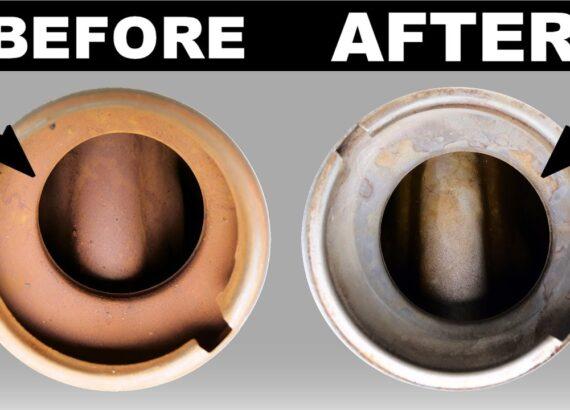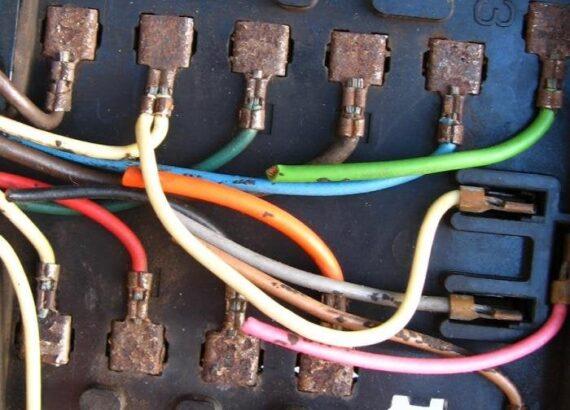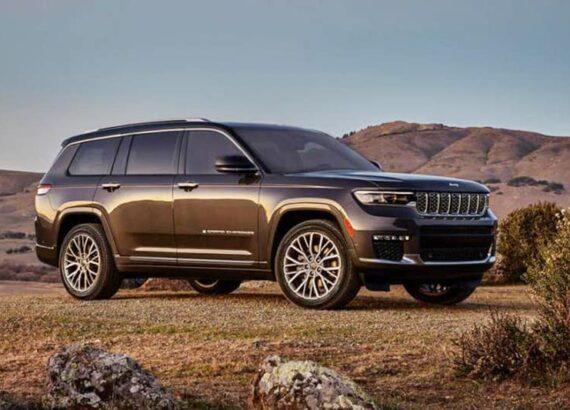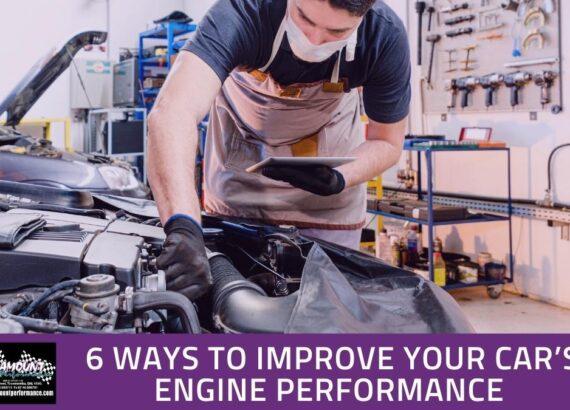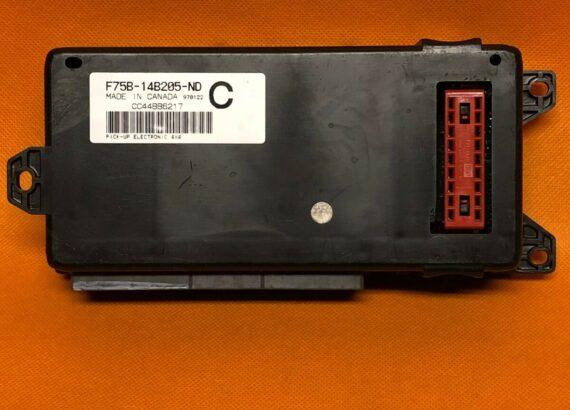What are the Advantages And Disadvantages of Hybrid And Electric Cars: A Deep Dive
### Advantages and Disadvantages of Hybrid and Electric Cars Hybrid cars offer better fuel efficiency and lower emissions. Electric cars provide zero emissions and reduced operating costs.
Hybrid and electric cars represent the future of transportation, providing sustainable alternatives to traditional gasoline vehicles. Hybrid cars combine an internal combustion engine with an electric motor, offering improved fuel efficiency and reduced emissions. Electric cars run solely on electricity, resulting in zero emissions and lower operating costs.
Both types of vehicles contribute to environmental conservation by reducing reliance on fossil fuels. Despite these benefits, challenges like higher initial costs and limited charging infrastructure can deter potential buyers. Understanding the advantages and disadvantages of hybrid and electric cars helps consumers make informed decisions that align with their environmental and economic goals.
Introduction To Hybrid And Electric Cars
Hybrid and electric cars are changing the way we drive. They offer many benefits over traditional gasoline cars. These cars help the environment and save money on fuel. Let’s explore what makes them unique.
Defining Hybrid Cars
Hybrid cars use both a gasoline engine and an electric motor. They switch between the two or use both at the same time. This setup helps to save fuel and reduce emissions.
- Parallel Hybrid: Uses both engines together.
- Series Hybrid: Uses the electric motor to drive the car.
- Plug-in Hybrid: Can be charged using an outlet.
Hybrid cars are more fuel-efficient than regular cars. They are an excellent choice for those who want to save on fuel costs.
Defining Electric Cars
Electric cars run only on electricity. They do not use gasoline at all. This makes them very eco-friendly.
- Zero emissions: They produce no harmful gases.
- Quiet operation: Electric cars are much quieter.
- Low running costs: Electricity is cheaper than gasoline.
Electric cars need to be charged regularly. They are perfect for short trips and daily commuting.
| Feature | Hybrid Cars | Electric Cars |
|---|---|---|
| Fuel Type | Gasoline and Electricity | Electricity Only |
| Emissions | Low Emissions | Zero Emissions |
| Noise Level | Moderate | Low |
| Running Cost | Moderate | Low |
Environmental Impact
Electric and hybrid cars are changing the world. They help reduce harmful effects on the environment. Let’s explore how these vehicles impact our planet.
Reduced Emissions
Electric cars produce zero tailpipe emissions. This means they do not release harmful gases. These gases harm our air and health. In cities, air quality improves with more electric cars.
Hybrid cars also emit fewer pollutants. They use both an electric motor and a gasoline engine. This reduces the amount of fuel burned. Less fuel means less pollution.
Energy Efficiency
Energy efficiency means using less energy to do the same job. Electric cars are very efficient. They convert over 77% of the electrical energy from the grid to power the wheels.
Hybrid cars are more efficient than traditional cars. They use regenerative braking. This technology captures and reuses energy that would be lost. This makes them save fuel.
Electric and hybrid cars show promise in reducing environmental harm. They offer a cleaner, more efficient way to travel.
Cost Considerations
Understanding the cost considerations of hybrid and electric cars is crucial. This will help you make an informed decision. It involves examining the initial purchase price and long-term savings.
Initial Purchase Price
The initial purchase price of hybrid and electric cars is often higher. This is due to advanced technology and battery costs. For instance, an electric car might cost $30,000 while a similar gas car costs $20,000.
| Type of Car | Approximate Cost |
|---|---|
| Gasoline Car | $20,000 |
| Hybrid Car | $25,000 |
| Electric Car | $30,000 |
Despite the higher initial cost, many believe the benefits outweigh this. These cars offer lower emissions and better fuel efficiency.
Long-term Savings
Long-term savings are a significant factor in cost considerations. Hybrid and electric cars can save you money over time. This is due to lower fuel and maintenance costs.
- Electricity is cheaper than gasoline.
- Electric cars require less maintenance.
- Tax incentives and rebates are available.
Let’s look at some numbers:
- Fuel Cost Savings: Electric cars cost about $500/year to charge. Gasoline cars cost about $1,500/year to fuel.
- Maintenance Savings: Electric cars have fewer moving parts. They need less frequent maintenance.
Ultimately, the savings can add up. These factors make hybrid and electric cars a smart choice.
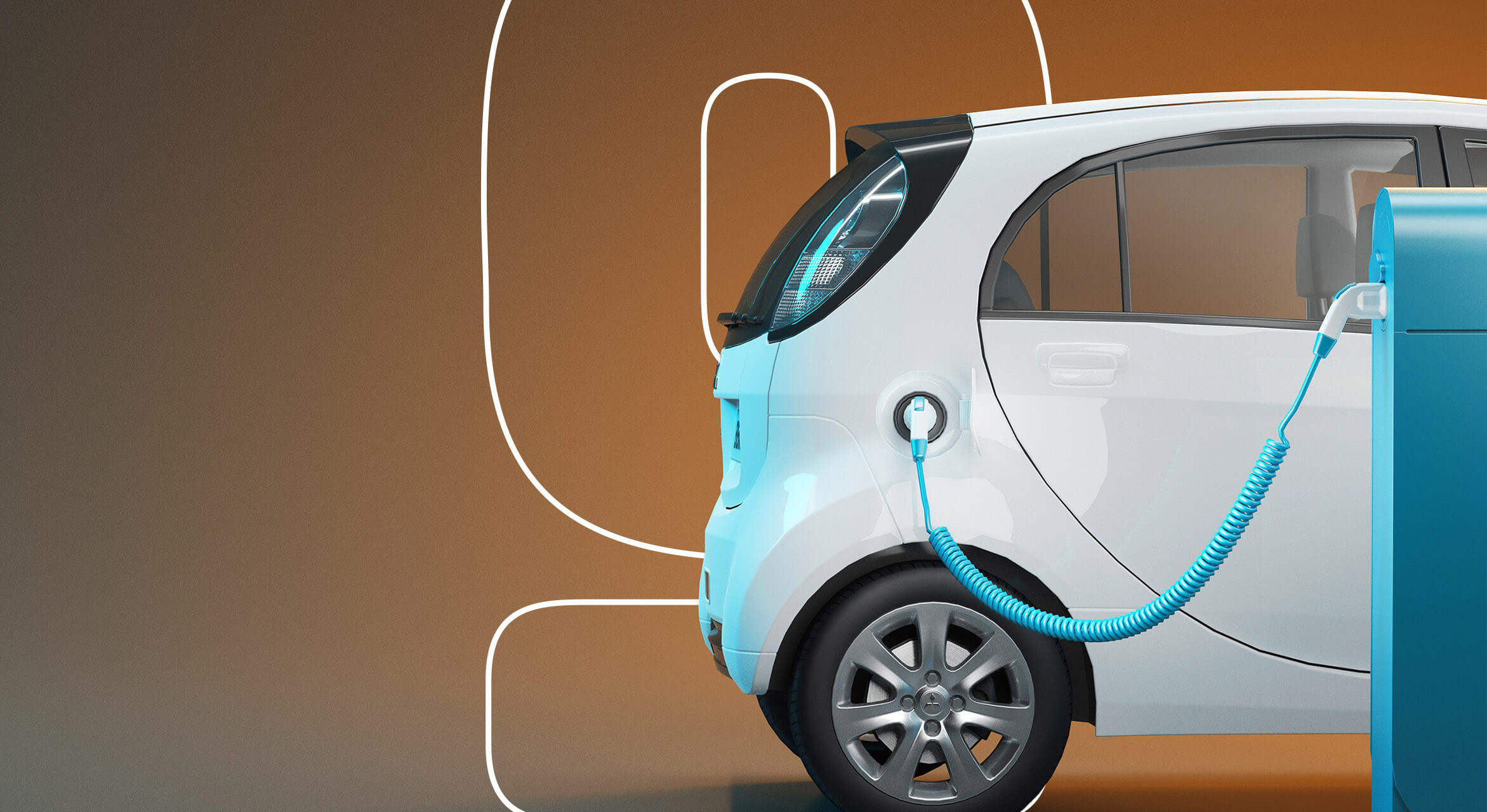
Credit: environment.co
Performance Factors
Understanding the performance factors of hybrid and electric cars is crucial. This includes aspects like acceleration, speed, and driving range. These elements can significantly influence your driving experience and decision-making process.
Acceleration And Speed
Hybrid cars often have a combination of a gas engine and an electric motor. This setup provides good acceleration but might not always be the fastest. The electric motor gives a quick start, while the gas engine maintains speed.
Electric cars excel in acceleration due to instant torque from the electric motor. They can go from 0 to 60 mph much faster than many traditional cars. However, their top speed might be lower than some high-performance gas cars.
Driving Range
The driving range of a car is crucial for long trips. Hybrid cars have an advantage here. They use both gas and electric power, which extends their range. You can drive longer distances without worrying about finding a charging station.
Electric cars rely solely on battery power. Their range depends on the battery capacity. Modern electric cars can travel between 150 to 300 miles on a single charge. Charging infrastructure is growing, but it still requires planning for long trips.
Here is a quick comparison of hybrid and electric cars in terms of performance:
| Performance Factor | Hybrid Cars | Electric Cars |
|---|---|---|
| Acceleration | Good, due to dual power sources | Excellent, due to instant torque |
| Top Speed | Moderate to High | Moderate |
| Driving Range | Extended, thanks to gas engine | Limited by battery capacity |
Maintenance And Reliability
Hybrid and electric cars offer unique benefits and challenges in terms of maintenance and reliability. They have different components compared to traditional gasoline vehicles, which can affect their upkeep and longevity. Understanding these differences can help you make an informed decision.
Routine Maintenance
Hybrid and electric cars require less frequent maintenance than gasoline cars. They have fewer moving parts, reducing the likelihood of mechanical failure.
- Oil Changes: Electric cars do not need oil changes. Hybrids need them less often.
- Brake Wear: Regenerative braking systems reduce brake wear and extend brake life.
- Engine Maintenance: Electric cars lack engines, cutting engine-related repairs. Hybrids have smaller engines, reducing wear.
Battery Lifespan
The battery is a critical component of hybrid and electric cars. Its lifespan and efficiency are vital for the car’s performance.
Hybrid Cars:
- Battery life ranges from 8 to 10 years.
- Replacement costs can be high, often $1,000 to $6,000.
- Proper maintenance can extend battery life.
Electric Cars:
- Battery life often exceeds 10 years.
- Many manufacturers offer 8-year warranties on batteries.
- Advances in technology continually improve battery lifespan and efficiency.
Both hybrid and electric cars offer unique maintenance and reliability benefits. Understanding these can help you choose the right vehicle for your needs.

Credit: www.researchgate.net
Charging Infrastructure
Charging infrastructure plays a crucial role in the adoption of hybrid and electric cars. It impacts convenience, cost, and overall user experience. Understanding the options available can help make informed decisions.
Availability Of Charging Stations
The number of charging stations is increasing. Major cities now have several public charging points. Rural areas, though, still lag in infrastructure. This uneven distribution can affect long-distance travel plans.
Electric vehicle (EV) owners often rely on apps to find nearby stations. Some stations offer fast charging, cutting down wait times. Yet, these can be more expensive than standard chargers.
Hybrid cars benefit from fewer worries about charging. They can switch to fuel if no charging station is nearby. This flexibility makes them suitable for areas with sparse charging infrastructure.
Home Charging Options
Home charging offers the most convenience for EV owners. Installing a home charger can be an initial investment, but it pays off. Owners can charge overnight, waking up to a full battery each morning.
There are two main types of home chargers:
- Level 1 Chargers: Use a standard 120-volt outlet. They are slower but require no special installation.
- Level 2 Chargers: Use a 240-volt outlet, which is faster but needs professional installation.
Hybrid cars often don’t need home charging setups. They use fuel for longer trips and charge batteries while driving. This feature makes them easier for users without home charging facilities.
Overall, charging infrastructure affects the convenience and feasibility of using hybrid and electric cars. Availability of public stations and home charging options is a key factor.
Government Incentives
Government incentives play a crucial role in the adoption of hybrid and electric cars. These incentives make environmentally friendly vehicles more affordable. They also encourage manufacturers to produce greener cars.
Tax Credits And Rebates
One of the primary government incentives for hybrid and electric cars is tax credits. These credits reduce the overall cost of the vehicle. For instance, an electric car buyer might receive a federal tax credit of up to $7,500. This makes the initial purchase less expensive.
Many states offer rebates in addition to tax credits. These rebates can range from $500 to $5,000, depending on the state. Rebates further lower the cost of owning a hybrid or electric car, making these cars financially attractive.
Regulatory Support
Governments also provide regulatory support to promote hybrid and electric cars. This includes setting emissions standards that favor electric and hybrid vehicles. Stricter emissions standards push manufacturers to produce more eco-friendly cars.
Another form of regulatory support is access to carpool lanes. In many regions, electric and hybrid cars can use carpool lanes even with a single occupant. This saves time for drivers and makes these cars more appealing.
Governments also invest in charging infrastructure. More charging stations make it easier to own and operate electric vehicles. This infrastructure growth supports the wider adoption of electric cars.

Credit: www.semanticscholar.org
Future Of Hybrid And Electric Cars
The future of hybrid and electric cars looks bright. These cars offer many benefits. People want greener options. Technology is improving. The market is growing. Let’s explore what lies ahead.
Technological Advancements
Battery technology is improving fast. Batteries last longer. They charge quicker.
Autonomous driving features are improving. Cars can now drive themselves in certain conditions, making travel easier and safer.
Smart charging stations are being built. These stations are easy to use. They are available in more places.
Solar panels on cars are becoming common. They give extra power. They are good for the environment.
Vehicle-to-grid technology helps balance energy use. Cars can give power back to the grid. This helps during high-energy-demand times.
Market Trends
Sales of hybrid and electric cars are rising. More people are buying these cars each year.
Government incentives help. Tax breaks and rebates make these cars cheaper.
Car manufacturers are shifting focus. They are making more electric and hybrid models.
Public awareness is growing. People know more about the benefits. They want to reduce their carbon footprint.
Charging infrastructure is expanding. More charging stations are available. This makes owning these cars more convenient.
| Technological Advancements | Market Trends |
|---|---|
| Better batteries | Rising sales |
| Autonomous driving | Government incentives |
| Smart charging stations | More car models |
| Solar panels on cars | Public awareness |
| Vehicle-to-grid technology | Expanding charging infrastructure |
Frequently Asked Questions
What Are The Benefits Of Hybrid Cars?
Hybrid cars offer fuel efficiency, reduced emissions, and lower operating costs. They combine a gasoline engine with an electric motor. This leads to better fuel economy. They are also environmentally friendly and produce fewer pollutants.
Are Electric Cars Cheaper To Maintain?
Yes, electric cars are generally cheaper to maintain. They have fewer moving parts compared to gasoline cars. This reduces the need for regular maintenance. No oil changes or exhaust system repairs are needed.
Do Hybrid Cars Save Money On Fuel?
Yes, hybrid cars save money on fuel. They use both gasoline and electric power. This improves fuel efficiency. Drivers spend less on fuel over time.
What Are The Drawbacks Of Electric Cars?
Electric cars have limited driving range and longer refueling times. The charging infrastructure is still developing. They may not be ideal for long trips. Initial costs can also be high.
Conclusion
Hybrid and electric cars offer numerous benefits, such as reduced emissions and lower fuel costs. They also come with some drawbacks, including higher upfront costs and limited charging infrastructure. Weighing these pros and cons can help you make an informed decision about your next vehicle purchase.
Choose wisely for a sustainable future.

Sium is a passionate automotive enthusiast and writer at SiumPro. With a deep understanding of cars and a keen eye for detail, Sium brings valuable insights and engaging content to readers. From reviews to tips and industry updates to delivering informative and enjoyable automotive articles.

